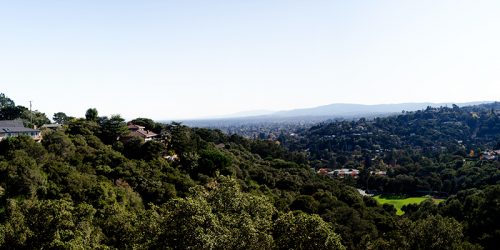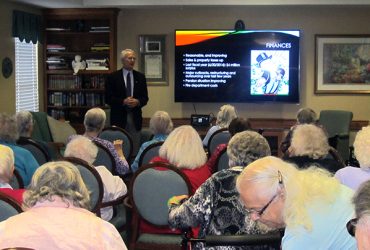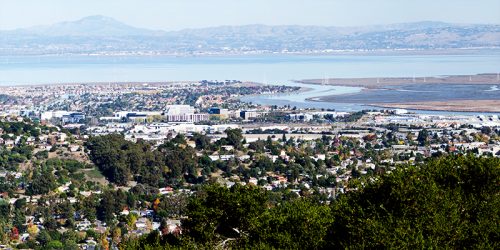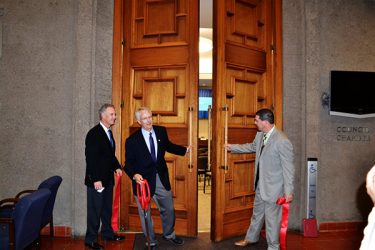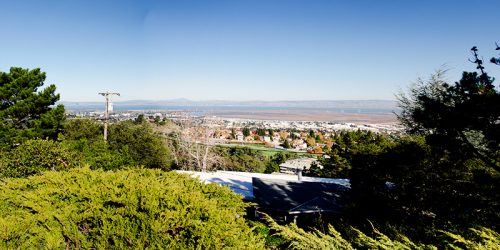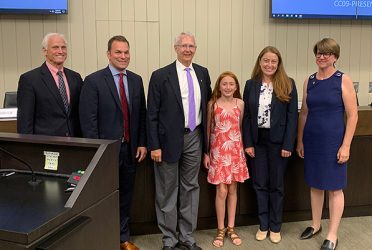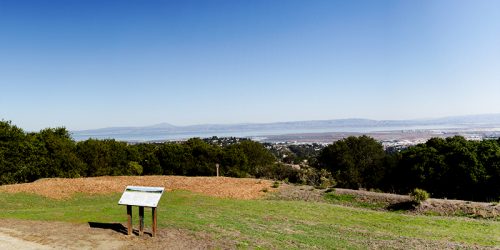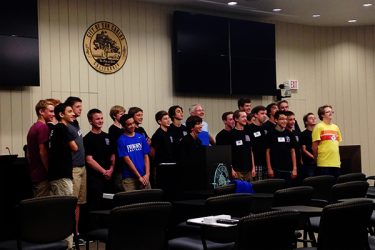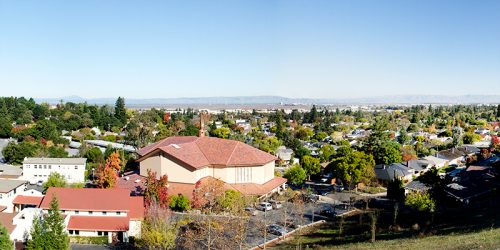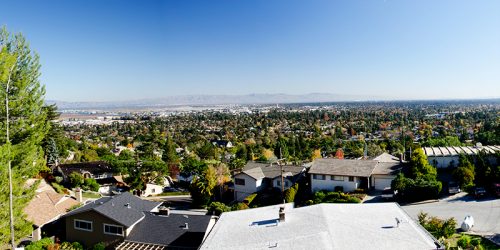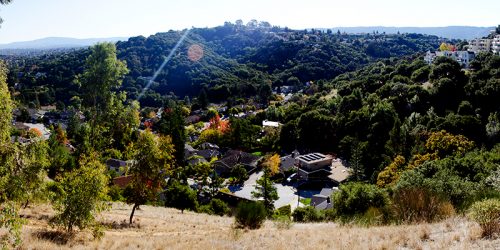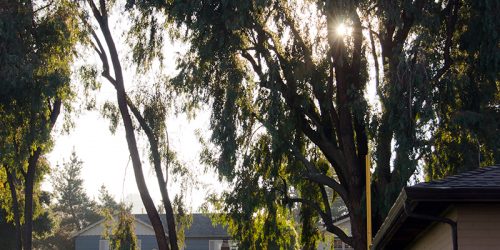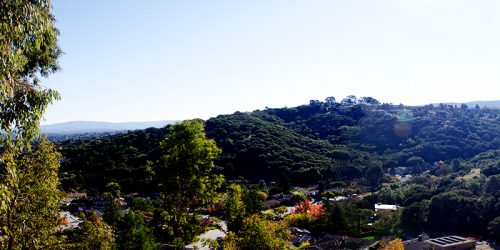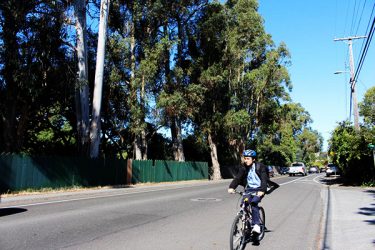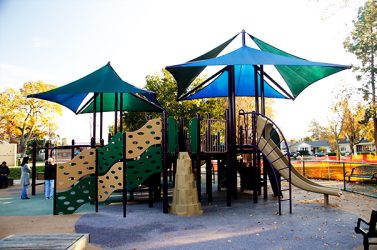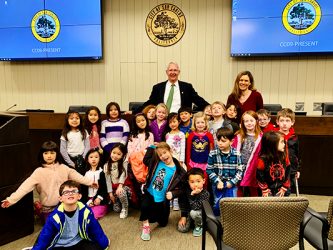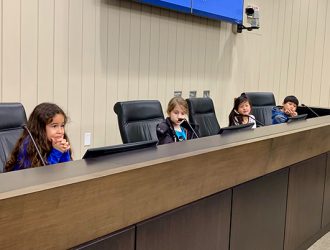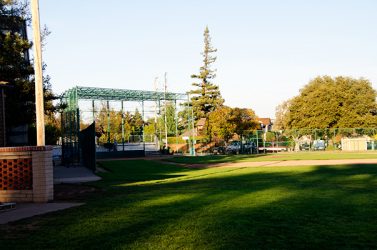My earlier post generated an interesting question on NextDoor. I thought it and my reply were worth preserving and disseminating. Here’s the question:
Shouldn’t government (at least in America) be as “minimal” as possible to get the job done? I usually appreciate your comments but what you write here sounds extremely scary, that is directly from the authoritarian playbook. You seriously make a point for MAXIMUM restrictions? I would agree with you in a really really short-term emergency situation (2, 3 weeks). But seriously, if this drags on longer, we need government to be better than simply saying “oh we close everything so just that nobody has an advantage”. O.M.G.
It’s worth remembering, I think, that the Jeffersonian doctrine1, while a key part of governing a large and diverse community, is not without its own limitations. That’s not a criticism of it — no simple political philosophy, IMHO, works best everywhere and in every situation.
For one thing, politics is like physics in that nature abhors a vacuum: if some governmental agency doesn’t “exist” to serve community needs some other governmental agency will step in to fill its shoes. Sometimes with seriously negative consequences. A weak Federal government leads to stronger State governments under our Federalist system…which can be good — 50 different approaches to figuring out how to solve problems — or bad — the preservation of slavery, both directly prior to the Civil War and indirectly for another century through Jim Crow laws and institutionalized discrimination.
The key question, I think, is “what’s the right level of response to situation ‘x’?” Pandemics are a very difficult ‘x’ because we’re learning the details of the crisis in real time. Covid-19 is a novel virus we didn’t know much about, and still don’t know all we need to know. The situation is also rapidly evolving2.
For now, the only way we have of combating this virus is to break the cycle of infection. We can only do that by limiting social interaction. There is no vaccine, and there aren’t any other medicines which work well against viral infections (at least this one). You can read some more of my thinking about why I think this is the case here.
Is what our local and regional and state governments doing enough? I don’t know. Is it too much? I don’t know that either. The unknown unknowns argue for taking an abundance of caution, though.
Does closing down most recreational opportunities inconvenience people? Absolutely, in some cases significantly depending upon how much a person values the lost opportunity. Is it worth doing? I think so, given what we know and don’t know. Why? Well, for me it’s because however much I enjoy some of the things I’ve had to give up I don’t enjoy them enough to risk killing another human being, or subjecting one to a life-threatening illness.
Would I feel the same way if and when we get to the point that Covid-19 is like a really bad flu3? The data on that — the fact that I, like almost everyone else, do pursue social opportunities that allow flu to spread during flu season — is clear. No, I wouldn’t feel the same way.
It’s, once again, all a matter of balance.
I’m quite sure there will be a lot of good law made after the pandemic ends, in the courts, in our legislatures and at the ballot box. Holding our government, and our elected leaders, accountable is a key part of our system. But we also have to let them do their job of maintaining public health & safety to the extent possible during this crisis.

